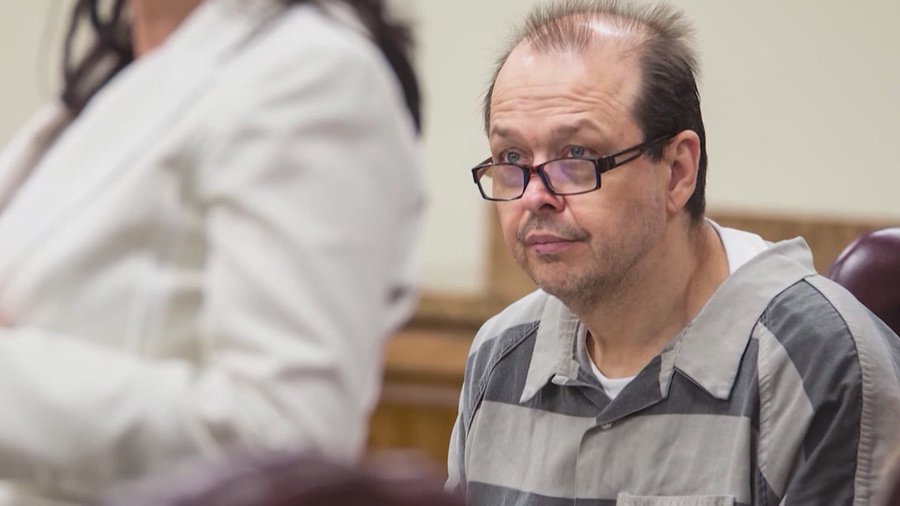In Dallas, the family of Nikki Curtis, including her brother, aunt, and grandfather, have publicly expressed their conviction that Robert Roberson is responsible for Curtis’s death. The family believes that his execution sentence should proceed without delay. This stance comes as Roberson’s case continues to attract attention due to controversial aspects surrounding his conviction.
Robert Roberson was convicted in 2003 for the 2002 death of his 2-year-old daughter, Nikki. His conviction was primarily based on the theory of “shaken baby syndrome,” which was widely accepted at the time. However, in recent years, this diagnosis has faced significant scrutiny and criticism from medical experts who argue that its scientific basis is flawed.
Roberson’s defense has pointed to these developments in their efforts to halt his impending execution, slated for October 17. They claim new evidence suggests he was wrongfully convicted. Advocates for Roberson argue that the evidence used to convict him was unreliable, and they call for a thorough reexamination of the case.
The Texas Court of Criminal Appeals has received numerous appeals and filings from Roberson’s legal team. They argue that there is a substantial risk of executing an innocent man if his execution proceeds under the current circumstances. The defense emphasizes that credible medical experts now challenge the shaken baby syndrome diagnosis, casting doubt on Roberson’s guilt.
Despite these efforts, the family of Nikki Curtis remains firm in their belief. They assert that justice demands the execution should go ahead as planned. The family has been vocal about their desire for closure, having dealt with the loss and the prolonged legal battles for over two decades.
The case has sparked debate among legal professionals, medical experts, and criminal justice advocates. Those opposed to the death penalty, in particular, highlight Roberson’s case as an example of the potential for irreversible errors in capital punishment cases. They argue for a moratorium on executions, especially in cases where new evidence emerges that could exonerate the convicted individual.
Nikki’s relatives, however, maintain that the legal system has already addressed these issues through its established processes of appeals and reviews. They argue that the court system’s decisions should be respected, and Roberson’s sentence carried out.
The broader community has reacted with mixed emotions. Some support the family’s call for the execution to proceed, citing the importance of upholding the court’s judgment. Others worry about the implications of executing someone who might be innocent, advocating for more thorough investigations before taking irreversible actions.

